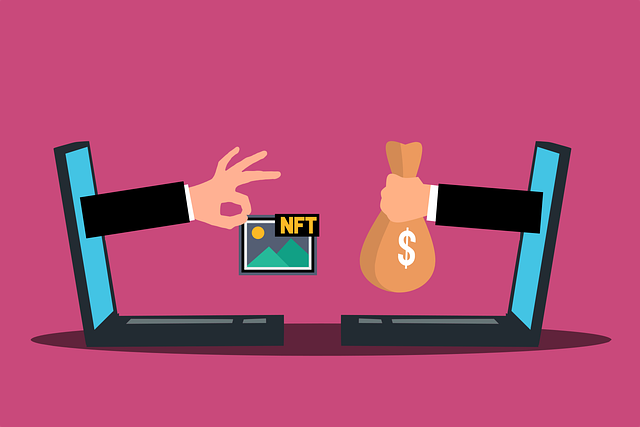December 9th, 2022
The Ultimate Guide to Storing Your NFTs (Non-Fungible Tokens / Digital Collectibles) Safely and Securely
Whether you call your blockchain art an NFT or Digital Collectible; one thing is certain, you need to keep your digital assets safe. Depending on how and where the digital collectible was acquired may determine certain storage specifications but for the purposes of this post we will just get into what is known as hardware wallets vs software wallets aka cold and hot storage.
Cold storage or a cold wallet is a wallet that is not connected to the internet, it is a usb device that allows you to store your assets on the hardware itself and completely offline allowing complete ownership of you crypto assets and digital collectible.
NFTs, or non-fungible tokens, have become an increasingly popular way to buy and sell digital collectibles, artwork, and other unique assets on the blockchain. However, with the rise of NFTs, comes the need for safe and secure storage. In this blog post, we will explore the different types of wallets you can use to store your NFTs safely and provide a general review of each.
What are NFTs?
NFTs are unique digital assets that are verified on the blockchain. They can be anything from artwork, music, videos, or even tweets. Because each NFT is unique, it cannot be exchanged for something else at an equal value, unlike cryptocurrencies.
Types of NFT Wallets
Hardware Wallets
Hardware wallets are physical devices that store your NFTs offline, making them less vulnerable to hacking attempts. The most popular hardware wallet is the Ledger Nano S, which is compatible with several NFT marketplaces and supports a wide range of cryptocurrencies.
Web Wallets
Web wallets are online wallets that can be accessed through a web browser. Some of the most popular web wallets for NFTs include MetaMask, MyEtherWallet, and Trust Wallet. These wallets are convenient and easy to use, but they are also more vulnerable to hacking attempts.
Mobile Wallets
Mobile wallets are wallets that can be accessed through a mobile app. Some of the most popular mobile wallets for NFTs include Trust Wallet and Coinbase Wallet. These wallets are convenient for people who prefer to manage their assets on the go.
Desktop Wallets
Desktop wallets are software programs that can be installed on your computer. These wallets are more secure than web wallets, but they are also more vulnerable to malware and hacking attempts. Some of the most popular desktop wallets for NFTs include Exodus and Atomic Wallet.
General Review of Each Wallet
Ledger Nano S: This hardware wallet is one of the most secure options for storing your NFTs. It supports a wide range of cryptocurrencies and is compatible with several NFT marketplaces. However, it can be a bit complicated to set up for beginners.
MetaMask: This web wallet is easy to use and integrates well with several NFT marketplaces. However, it is more vulnerable to hacking attempts than hardware wallets.
Trust Wallet: This mobile wallet is easy to use and supports a wide range of cryptocurrencies and NFTs. However, it is more vulnerable to hacking attempts than hardware wallets.
Exodus: This desktop wallet has a user-friendly interface and supports a wide range of cryptocurrencies and NFTs. However, it is more vulnerable to malware and hacking attempts than hardware wallets.
Atomic Wallet: This desktop wallet is easy to use and supports a wide range of cryptocurrencies and NFTs. However, it is more vulnerable to malware and hacking attempts than hardware wallets.
Conclusion
Storing your NFTs safely and securely is essential to protecting your investments. By using a hardware wallet, web wallet, mobile wallet, or desktop wallet, you can store your NFTs in a way that suits your needs and preferences. Remember to always do your research and choose a wallet that has a good reputation and strong security features. With the right wallet, you can enjoy your NFTs with peace of mind.
